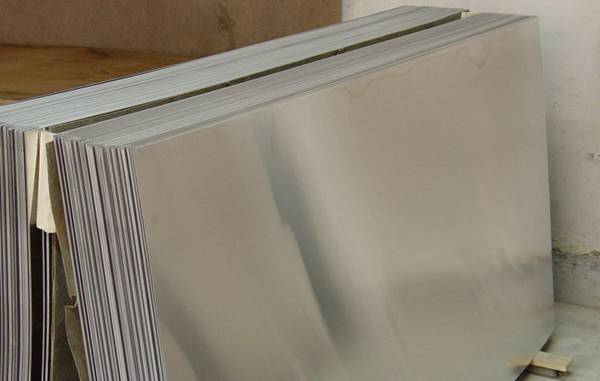As we step into 2024, the aluminum industry continues to evolve, offering a myriad of choices for manufacturers, distributors, and professionals in the field. Among the diverse range of aluminum alloys, 5251 stands out for its unique properties and applications. In this guide, we’ll explore how to effectively compare and choose 5251 aluminium plates in 2024, catering to the needs of manufacturers, distributors, and anyone involved in the procurement and utilization of aluminum alloys.

Key Considerations:
When delving into the world of 5251 aluminium plates, there are several key factors to consider.
1. Composition and Properties:
Understanding the alloy composition and its specific properties is crucial. 5251 is known for its excellent corrosion resistance and moderate strength, making it suitable for various applications such as marine components and architectural structures.
2. Manufacturing Standards:
Be sure to assess whether the 5251 aluminium plates adhere to industry manufacturing standards. This ensures the quality and reliability of the material, meeting the stringent requirements of different applications.
3. Application Compatibility:
Consider the intended application of the aluminium plates. Whether it’s for automotive parts, marine equipment, or structural components, ensure that the chosen alloy aligns with the specific demands of the project.
4. Surface Finish and Coating:
The aesthetic appeal and durability of aluminium plates often depend on their surface finish and coating. Check for options that suit your preferences and environmental conditions.
Comparative Analysis:
To make an informed decision, conduct a comparative analysis of available 5251 aluminium plates in the market.
1. Price vs. Quality:
Evaluate the balance between cost and quality. While cost-effectiveness is crucial, compromising on quality can lead to long-term issues. Look for suppliers offering a reasonable price without sacrificing the integrity of the material.
2. Supplier Reputation:
Research the reputation of potential suppliers. A reliable supplier ensures consistency in product quality and delivery timelines. Seek feedback from industry peers and examine the supplier’s track record.
3. Customization Options:
Consider whether the supplier provides customization options. Tailoring the aluminium plates to specific project requirements can enhance overall efficiency and performance.
In conclusion, choosing the right 5251 aluminium plates in 2024 requires a thoughtful and systematic approach. By considering factors such as composition, manufacturing standards, application compatibility, and surface finish, manufacturers, distributors, and aluminium industry professionals can make informed decisions. Additionally, conducting a comparative analysis based on price, supplier reputation, and customization options further refines the selection process. As we navigate the dynamic landscape of the aluminium industry in 2024, selecting the right alloy ensures the success and longevity of diverse applications.
Related Posts
Contents
